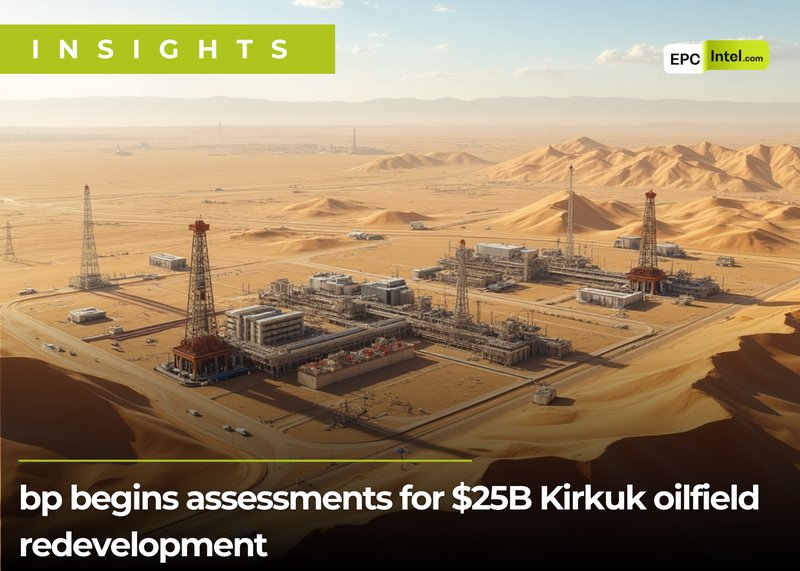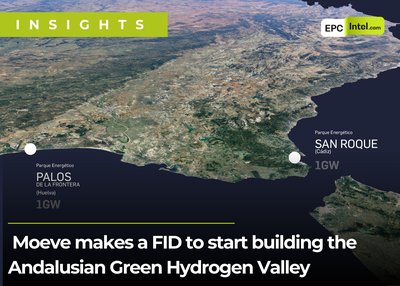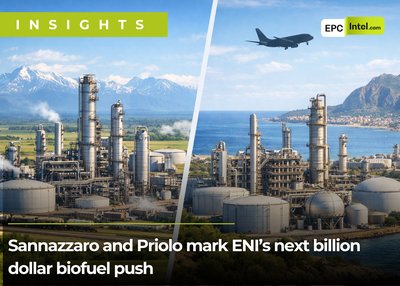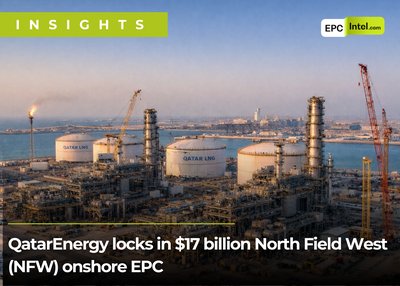BP has mobilized engineering teams to Kirkuk to begin field assessments at four strategic oilfields, marking the first step in its $25 billion agreement with Iraq to redevelop the northern province’s oil and gas infrastructure.
Field assessments underway
Industry sources confirmed to local media that BP experts have launched initial studies covering infrastructure and production facilities operated by Iraq’s North Oil Company (NOC) and North Gas Company (NGC). The assessments will inform a long-term development plan aimed at boosting production and improving efficiencies across Kirkuk’s aging assets.
Contract scope
The agreement, finalized in March 2025 after federal ratification, covers rehabilitation and redevelopment of multiple giant fields, including the Baba and Avanah domes of the Kirkuk oil field, plus Bai Hassan, Jambur and Khabbaz. The contract spans oil, gas, power and water infrastructure, with scope for additional exploration.
BP estimates the initial phase will unlock more than 3 billion barrels of oil equivalent, while the wider resource opportunity across Kirkuk and surrounding areas could exceed 20 billion boe. The supermajor has committed to investing in both production and midstream facilities under a partnership with NOC and NGC.
Strategic impact for Iraq
Production from Kirkuk’s oilfields currently ranges between 285,000 and 330,000 barrels per day, primarily for domestic use with limited exports to Jordan. Under the BP-led redevelopment, output is expected to rise by 50,000 to 100,000 bpd in the coming years.
For Iraq, the redevelopment aligns with its national plan to lift crude production capacity above 6 million bpd by 2029, compared to around 4.5 million bpd today. The modernization of Kirkuk’s oil and gas infrastructure also promises to reduce inefficiencies and support energy security in the north.
EPC opportunities breakdown
With an estimated total cost of $25 billion, EPCIntel.com‘s data from comparable energy EPC project scopes suggests spend will be split across:
- Oil and gas processing plants: 30–35 percent (USD 7–9 billion)
- Field rehabilitation and drilling: 25–30 percent (USD 6–7 billion)
- Power and water infrastructure: 15–20 percent (USD 4–5 billion)
- Pipelines and export facilities: 10–15 percent (USD 3–4 billion)
- Exploration and ancillary works: balance 5–10 percent (USD 1–2 billion)
This distribution highlights opportunities for global and regional EPC players across process modules, pipelines, compression, water injection and utilities.
We expect several major EPC contractors to be involved in this project including: Wood, KBR, Progetti Europa & Global (PEG), who have recent or current ongoing projects in the country.
Corporate strategy
“This is an enormous opportunity as we grow BP’s oil and gas business and fully aligned with our strategy of strengthening our upstream portfolio,” CEO Murray Auchincloss said at the contract signing.
For BP, Kirkuk provides scale and longevity in upstream production. For Iraq, the redevelopment could transform one of its most historic oil provinces into a modernized, high-capacity hub integrated with national energy plans.




